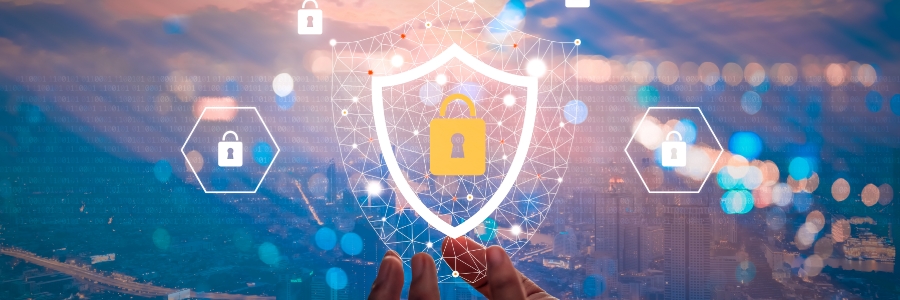
Businesses of all sizes can fall prey to cyberattacks that can cause major financial losses and even put companies out of business. And with more numerous and sophisticated threats like these expected in 2023, it’s more critical than ever for business owners to stay ahead of the latest cybersecurity trends and protect their organization from potential threats. Pay attention to the following trends to help keep your data safe this year and beyond.
Further emphasis on data privacy
As countries implement tougher data protection laws and the number of privacy regulations rises, organizations will be driven to adopt a privacy-first mentality out of necessity. For instance, Google has already taken a big leap in this direction by ending its use of third-party cookies and creating Privacy Sandbox. Apple has also included App Tracking Transparency as part of iOS 14.5 onwards, providing another layer of protection for their customers’ sensitive online information. Although these measures may not be flawless solutions yet, they’re still progressive strides being made toward greater security. Expect other companies to follow suit.
A harmonized global framework to govern the protection of information, privacy, and data
In 2023, countries around the world will strive for international cohesion regarding data privacy regulations. Standardizing security frameworks is expected to deliver better information and data privacy for all organizations and governments, as well as enable global commerce. Consistent data protection strategies and processes reduce risk while facilitating trust across supply chains and borders. Interoperable architectures that prioritize privacy and security can also help ensure the effective protection of information, which ultimately reduces the probability of a data breach or compromise.
A passwordless future
Passwordless security frameworks provide a real chance at fighting phishing while enhancing protection, privacy, scalability, and convenience. They not only improve overall organizational security by eliminating potential password breaches or credential stuffing attacks, but they also enable users to access services without worrying about forgotten usernames or passwords.
However, note that while passwordless authentication offers many advantages, it isn’t without risk. To ensure better security, you should also adopt a zero trust model along with identity access management practices and stringent safety measures. This will make the transition to passwordless authentication much smoother and more secure.
Growing Internet of Things (IoT) risks
Over the past decade, the IoT industry has been on a steady upswing, and is projected to remain so well into 2023. Unfortunately, as companies rely more heavily on this technology for efficiency and profitability, they will face a higher risk of cybersecurity breaches.
If you use IoT, then you should safeguard your connected devices by actively developing or revising relevant cyber strategies, maintaining device catalogs, and continuously patching endpoints. This will help secure your networks from potential threats and allow for more efficient monitoring practices.
The future of cybersecurity is ever-evolving. But by learning about the latest cybersecurity trends, companies can implement comprehensive approaches and protect themselves against malicious actors or incidents.
If you want to learn more about 2023 cybersecurity trends or if you have any questions about technology, don’t hesitate to get in touch with us. Our IT experts are ready to help.

